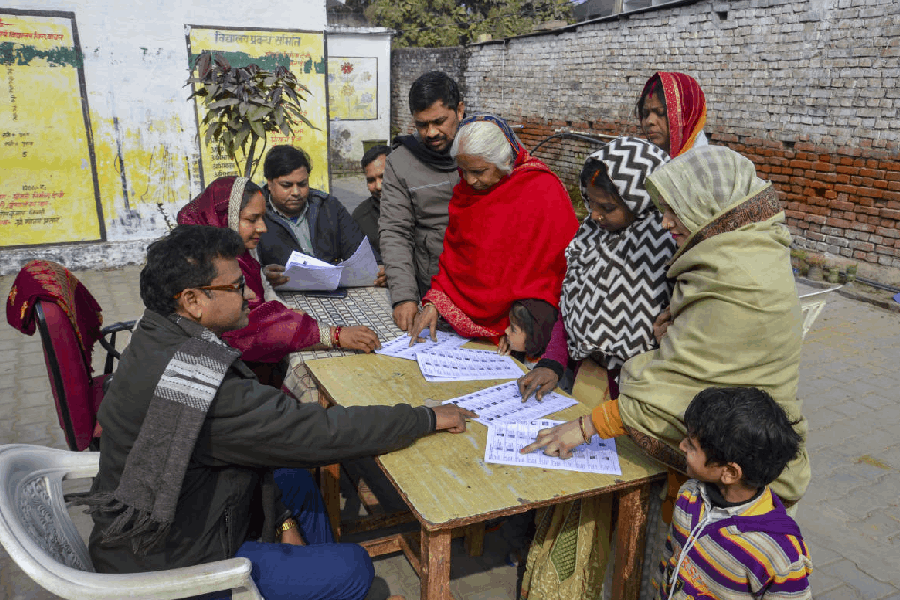
Jorhat, Dec. 2: YETI is coming to Tezpur University this January.
The Young Ecologists Talk and Interact (YETI) is the largest students' scientific conference in the country on ecology, evolution, conservation and social science, which will be held at the University from January 4 to 7.
Kamalakshi Deka, a biotechnology student and one of the organisers, said YETI, which was put together entirely by students from across the country and collaborating groups, will be held in Tezpur primarily to focus upon the unique yet understudied rich biodiversity of the Northeast.
"It is a unique conference providing a friendly and inspiring platform for ecologists early in their career, to present and discuss their work, exchange ideas, and strike up collaborations with contemporaries," she said.
"Tezpur is located near the foothills of eastern Himalayas and is well connected to a number of protected areas of the region like Nameri and Pakke tiger reserves, Laokhowa-Burachapori wildlife sanctuary, to name a few. The town is also close to Arunachal Pradesh and thus acts as a strategic location for nature conservation agencies working in the region. The event in Tezpur will be beneficial for the participants and add another mile to YETI's journey," she added.
With an expected turnout of 500 students and researchers, this edition of YETI will feature a series of lectures, talks, documentary screenings, workshops and interactive sessions by national and international scientists, and presentations by research students, nature quiz.
It will feature nature filmmaking competitions for the first time.
Among other issues, this year's conference will highlight topics as varied as the most important biodiversity issues from the Northeast, challenges and perception in community conservation urban forestry, climate change, mountain ecology and global environmental policy.
Kamalakshi said a series of workshops would be organised to expose key tools and techniques in the frontier areas of ecological science like ecological niche modelling, sampling techniques on forest ecology, field herpetology, biotechnological tools in conservation biology, bird tagging, conservation project planning, wildlife rescue and rehabilitation, restoration ecology.
The supporting organisations include the Nature Conservation Foundation, the Ashoka Trust for Research in Ecology and the Environment (Atree) with support from the Royal Norwegian Embassy, the Foundation for Ecological Security and the Duleep Matthai Nature Conservation Trust.
Kamalakshi said YETI originated out of a students' conference at the National Centre for Biological Sciences in Bangalore in 2008 and had since grown into a national platform for student researchers.
YETI 2009 and 2010 were both held at the Indian Institute of Science (IISc) Bangalore, followed IIT Guwahati in 2011, Wildlife Institute of India, Dehradun in 2012, Nagaland University, Lumami in 2013 and Amity University, Noida in 2016.
The conference is open to all researchers and students in the country who are interested in ecology and conservation. Students are welcome to participate and can even submit abstracts of their current or proposed work.
More information about the event can be found on the website www.meetyeti.com.











